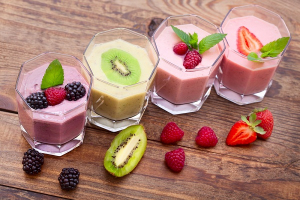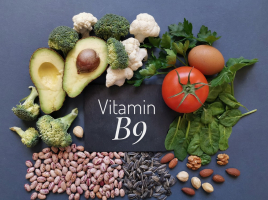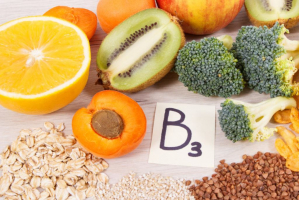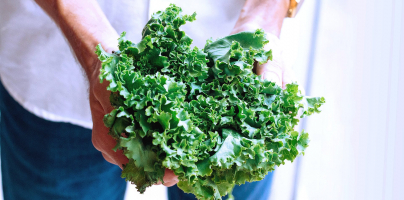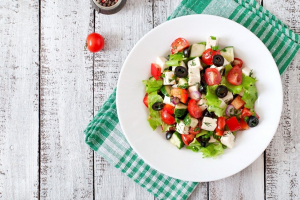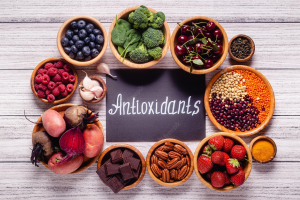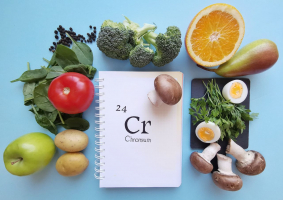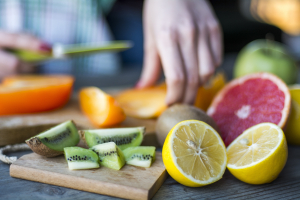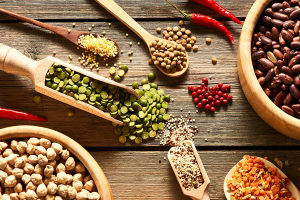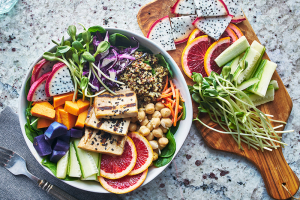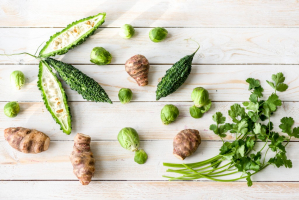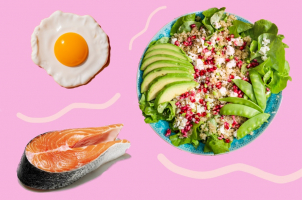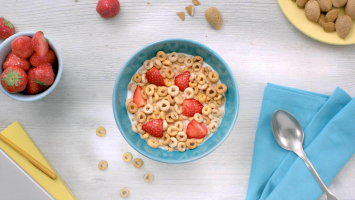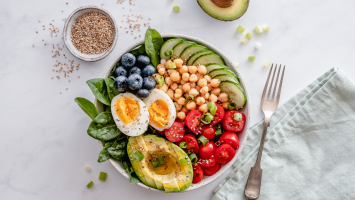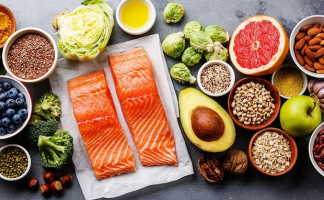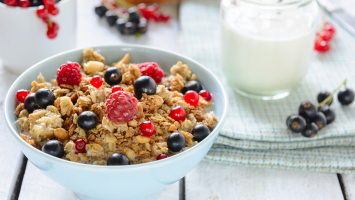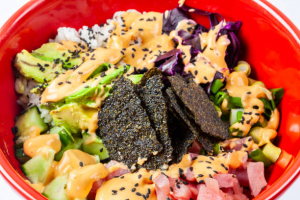Top 7 Healthy Foods That High Leucine
When researching new fitness supplements or learning how to regulate your blood sugar levels, you may have come across the crucial amino acid leucine. Leucine, ... read more...like valine and isoleucine, is a branched-chain amino acid (BCAA) that is essential for muscle repair and growth. Consuming enough leucine may help prevent muscle loss in the elderly. Leucine appears to assist control blood sugar levels as well. It is thought to accomplish so through enhancing insulin responsiveness and enabling glucose absorption into your body's cells. And here are the best healthy foods that are high in leucine.
-
A third of a cup (100 grams) of navy beans contains 0.7 grams of leucine. They are also high in protein, fiber, and micronutrients like folate and other B vitamins, manganese, iron, phosphorus, magnesium, and potassium.
Consuming navy beans has been demonstrated to lower metabolic risk factors associated with obesity, such as high blood pressure, cholesterol, and blood sugar levels. They also include phosphatidylserine, a lipid substance that may help with memory, attention, problem-solving, and communication abilities. Navy beans have a neutral taste that complements a wide range of dishes. Try them in soups, salads, marinated as a side dish, or puréed into a white bean dip for a nutritious boost.
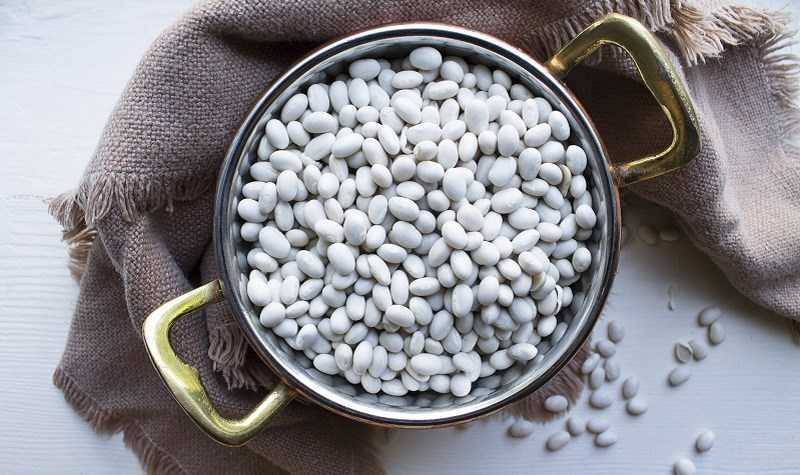
Navy beans 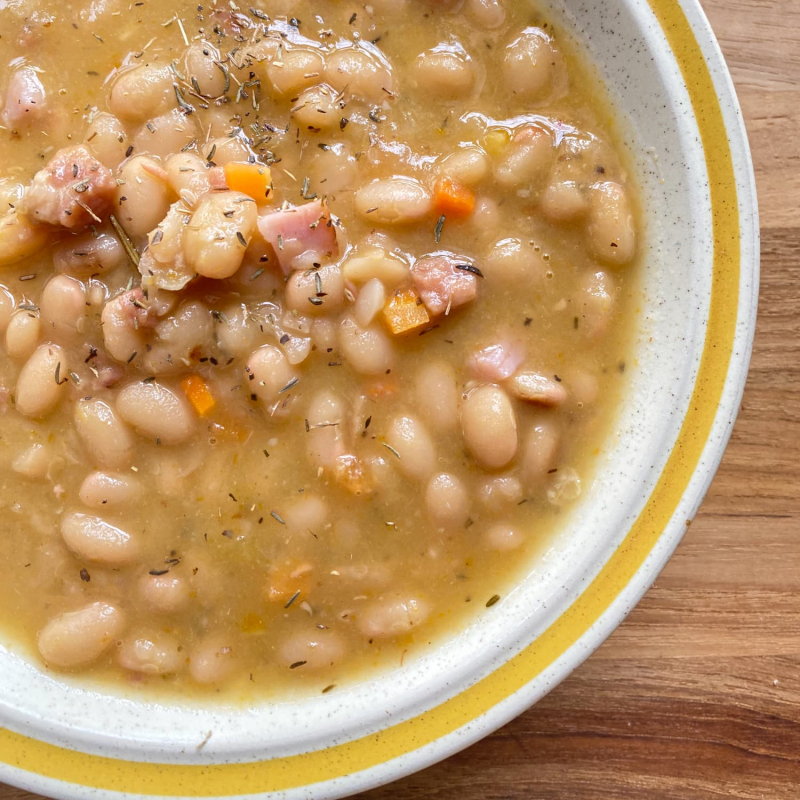
Navy beans -
27 grams of leucine are found in a 1/2-cup (100-gram) serving of 1% fat cottage cheese. It's also high in protein, vitamin B12, and selenium. Cottage cheese's substantial protein content may aid weight reduction by keeping you feeling fuller for longer. When paired with resistance exercise, the cheese can also help you grow muscle mass.
Cottage cheese may be topped with berries and nuts for a hearty breakfast, used to make stuffed pasta shells and lasagna filling, or served as a side dish to almost any entrée. It may also be used as a healthier alternative to mayonnaise in meals like sandwiches.
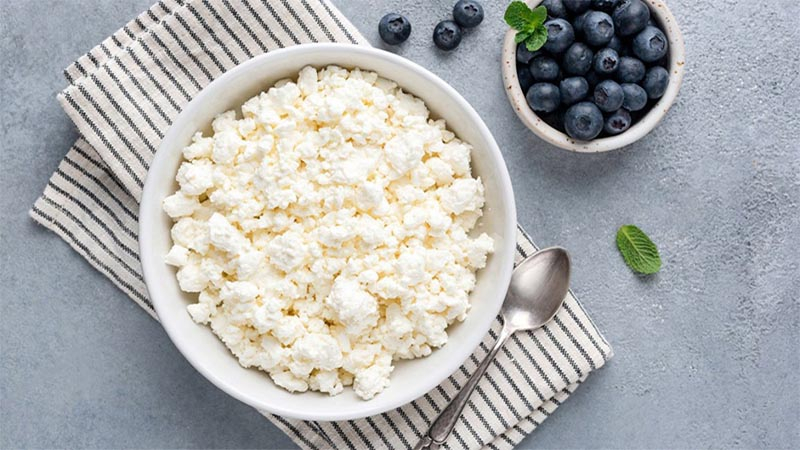
Cottage cheese 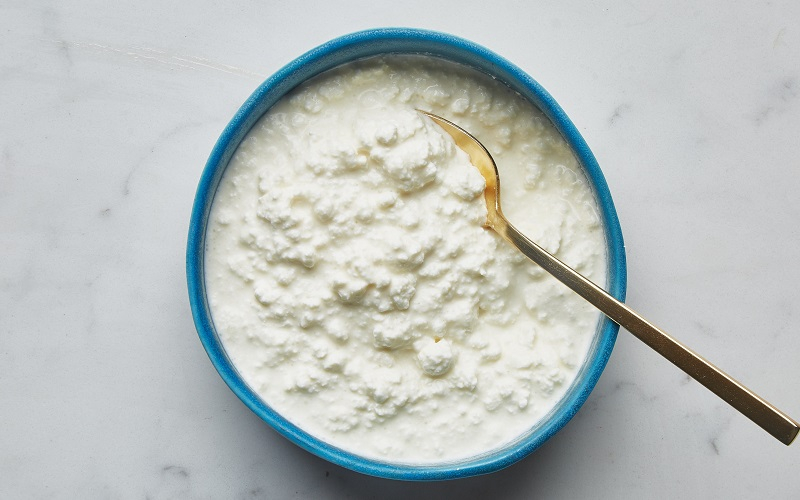
Cottage cheese -
Sesame seeds have been utilized in folk medicine for thousands of years and offer several possible health advantages. They may help to prevent heart disease, diabetes, and arthritis. 0.25 grams of leucine is found in just 2 tablespoons (18 grams) of the whole, dry sesame seeds. These high-nutrient seeds are also high in fiber, protein, calcium, manganese, magnesium, zinc, and B vitamins.
They also include plant components that have been demonstrated in human and animal studies to decrease inflammation, control blood sugar, and lower high cholesterol levels. Sesame seeds are delicious in stir-fries, pasta dishes, smoothies, and green salads. You might also like tahini, which is sesame seed butter.
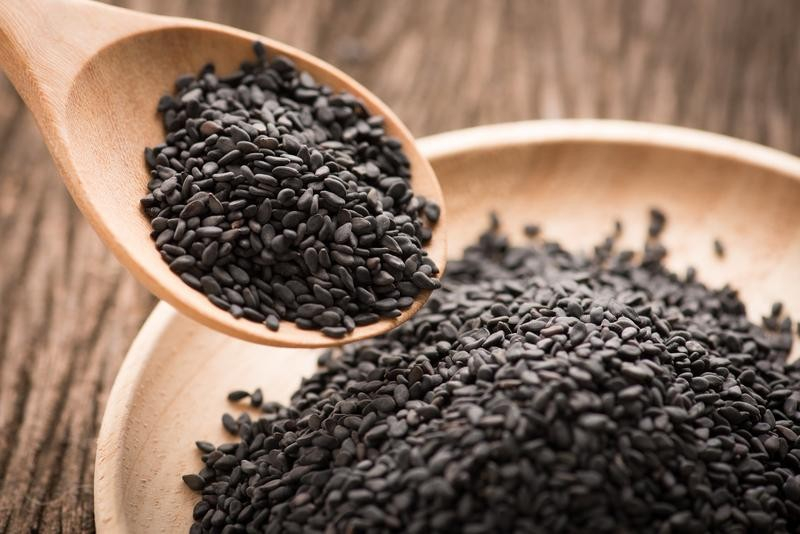
Sesame seeds 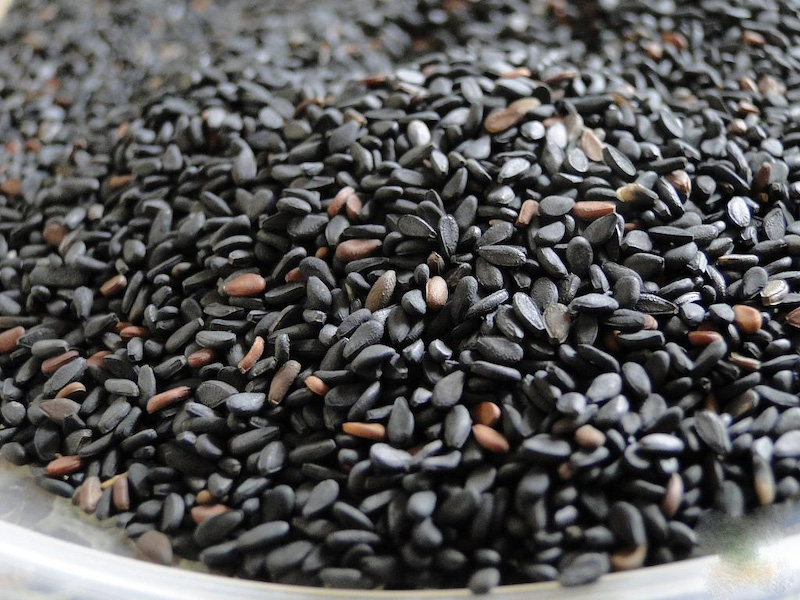
Sesame seeds -
One ounce (28 grams) of dried pumpkin seeds provides 0.7 grams of leucine. Pumpkin seeds are high in plant chemicals that have been shown to be beneficial to health. Protein, fiber, unsaturated fatty acids, phosphorus, magnesium, manganese, iron, zinc, and copper are also abundant.
Eating seeds on a daily basis has been found to benefit heart health, owing to the lipids they contain. Combine pumpkin seeds with other seeds such as chia, hemp, flax, sesame, and sunflower. Seasoned and roasted in the oven, pumpkin seeds are excellent whether put into granola or trail mix, blended into pesto, or baked into bread and pastries.
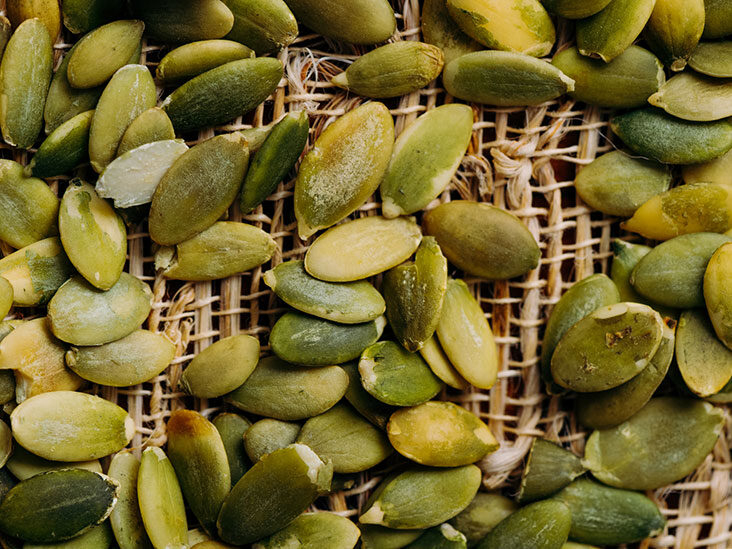
Pumpkin seeds 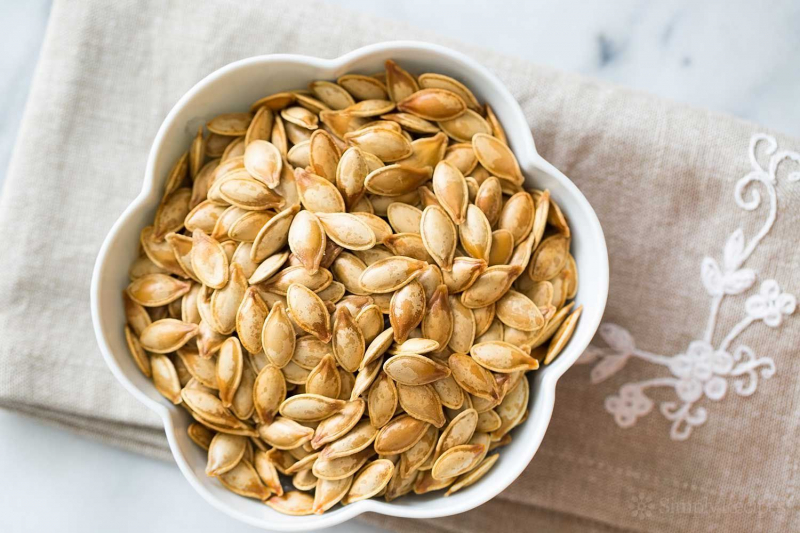
Pumpkin seeds -
Leucine is found in one extra-large egg (approximately 56 grams). Eggs are also high in protein, B vitamins, phosphorus, selenium, and choline, which are necessary for cellular and brain function. In addition, eggs contain carotenoids lutein, and zeaxanthin. These vibrant chemicals have antioxidant qualities that enhance your vision. Boiled eggs are excellent high-protein pocket snacks. Eggs can also be cooked into a morning scramble or used in baked products such as bread, muffins, and waffles.
These seeds are also high in protein, fiber, manganese, vitamin E, and anti-inflammatory unsaturated fatty acids. Furthermore, animal and human research indicate that hemp seeds and hemp-seed-based supplements may help with arthritic symptoms as well as digestive and cardiac health. Hemp seeds are small and adaptable, with a mild, earthy taste. They may be sprinkled on salads and spaghetti, mixed into smoothies, or eaten with ice cream or other sweets.
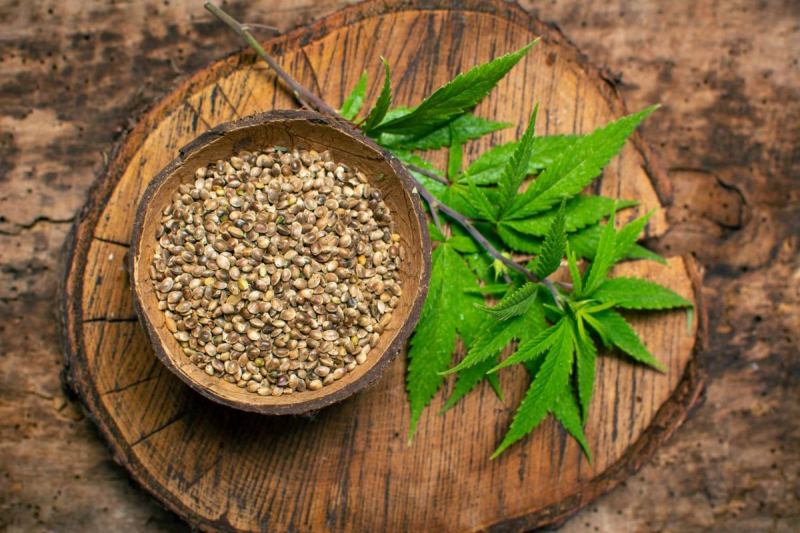
Hemp seeds 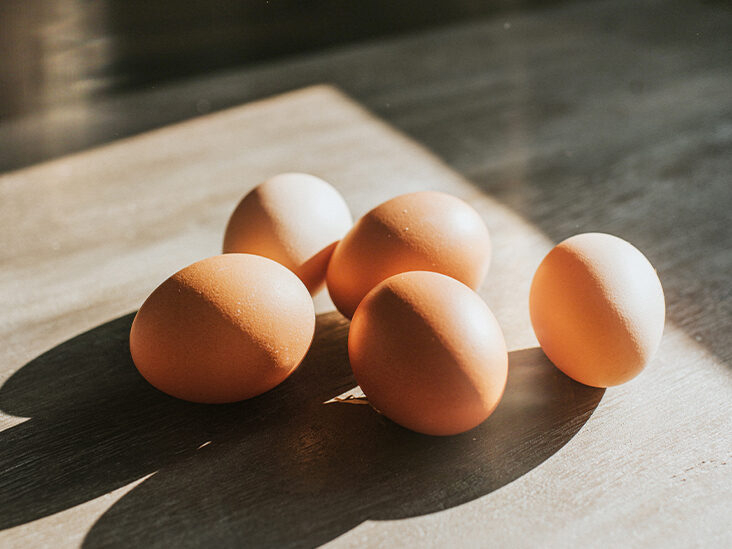
Eggs -
Spirulina is a blue-green alga that is high in protein, B vitamins, copper, and iron. It goes well with green smoothies and juices, energy balls, and savory puddings and popsicles. 0.69 grams of leucine may be found in just 2 tablespoons (14 grams) of dry spirulina. These algae have been demonstrated in animal research to boost the gut flora, and human studies have revealed that they may promote heart health and help regulate blood sugar levels.
One cup of cooked lentils (198 grams) provides 1.3 grams of leucine. Lentils are also high in fiber, antioxidants, protein, and plant chemicals that may assist your heart and brain. They may be used in a variety of ways similar to beans. They're great marinated as a healthy side dish or in soups, salads, and homemade vegetarian burger patties, for example.
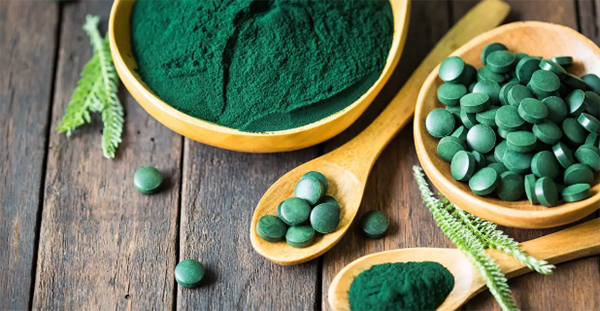
Lentils 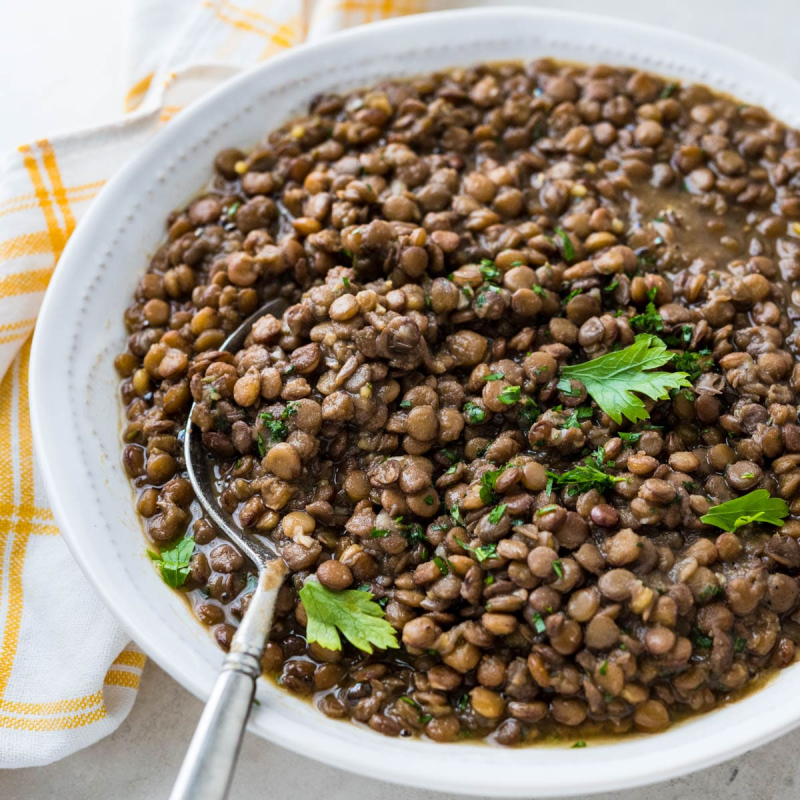
Spirulina -
One ounce (28 grams) of Spanish peanuts provides 0.5 grams of leucine. Furthermore, peanuts are high in unsaturated fats, protein, and fiber, and frequent consumption may help protect against heart disease in some populations. They are delicious on their own, but they may also be used to make peanut noodles, peanut soup, granola and trail mixes, energy balls, or homemade peanut butter.
1 cup (234 grams) of cooked oats provide 0.5 grams of leucine. Oats have more protein and fiber than other grains. Furthermore, they contain beta-glucan, a form of soluble fiber that has been demonstrated to promote heart function. While oats are most commonly associated with oatmeal, they may also be mixed into flour for baking, blended into smoothies, or toasted for use in homemade granola.
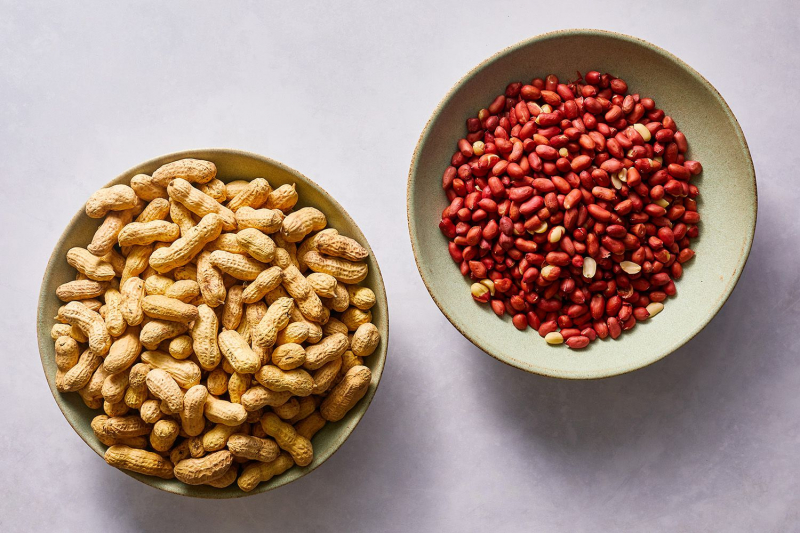
Peanuts 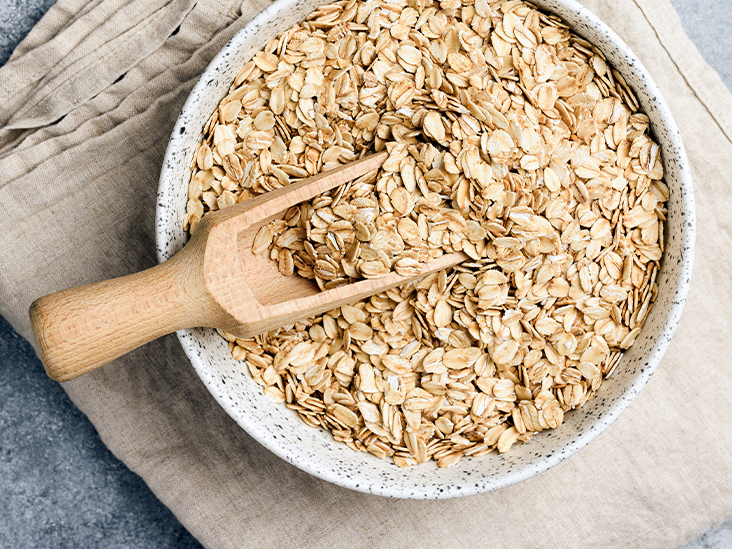
Oats









